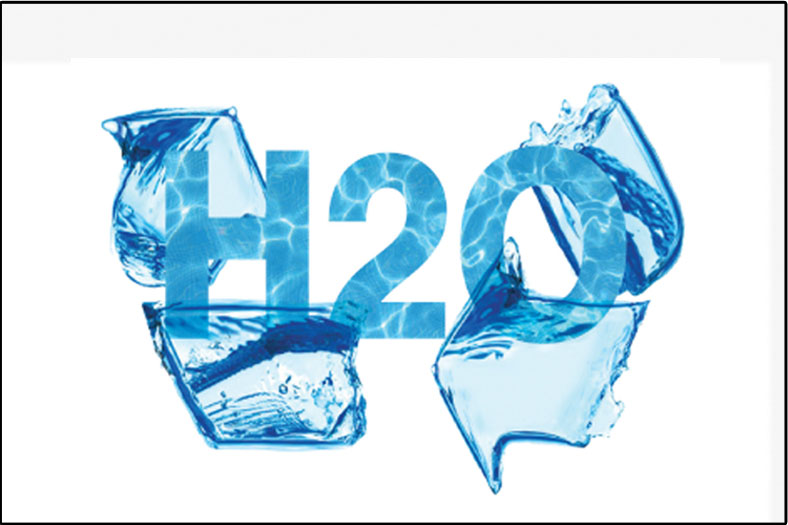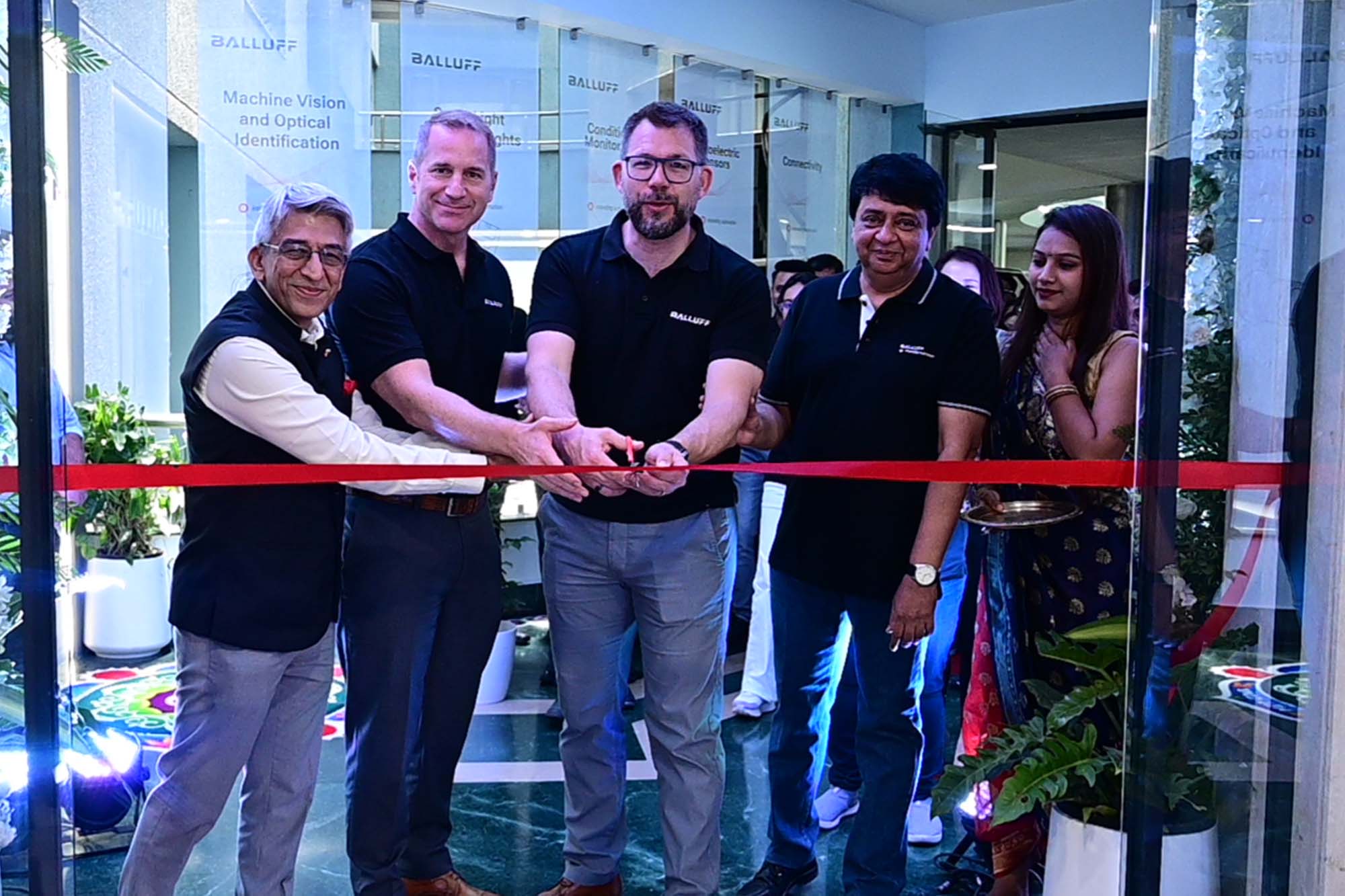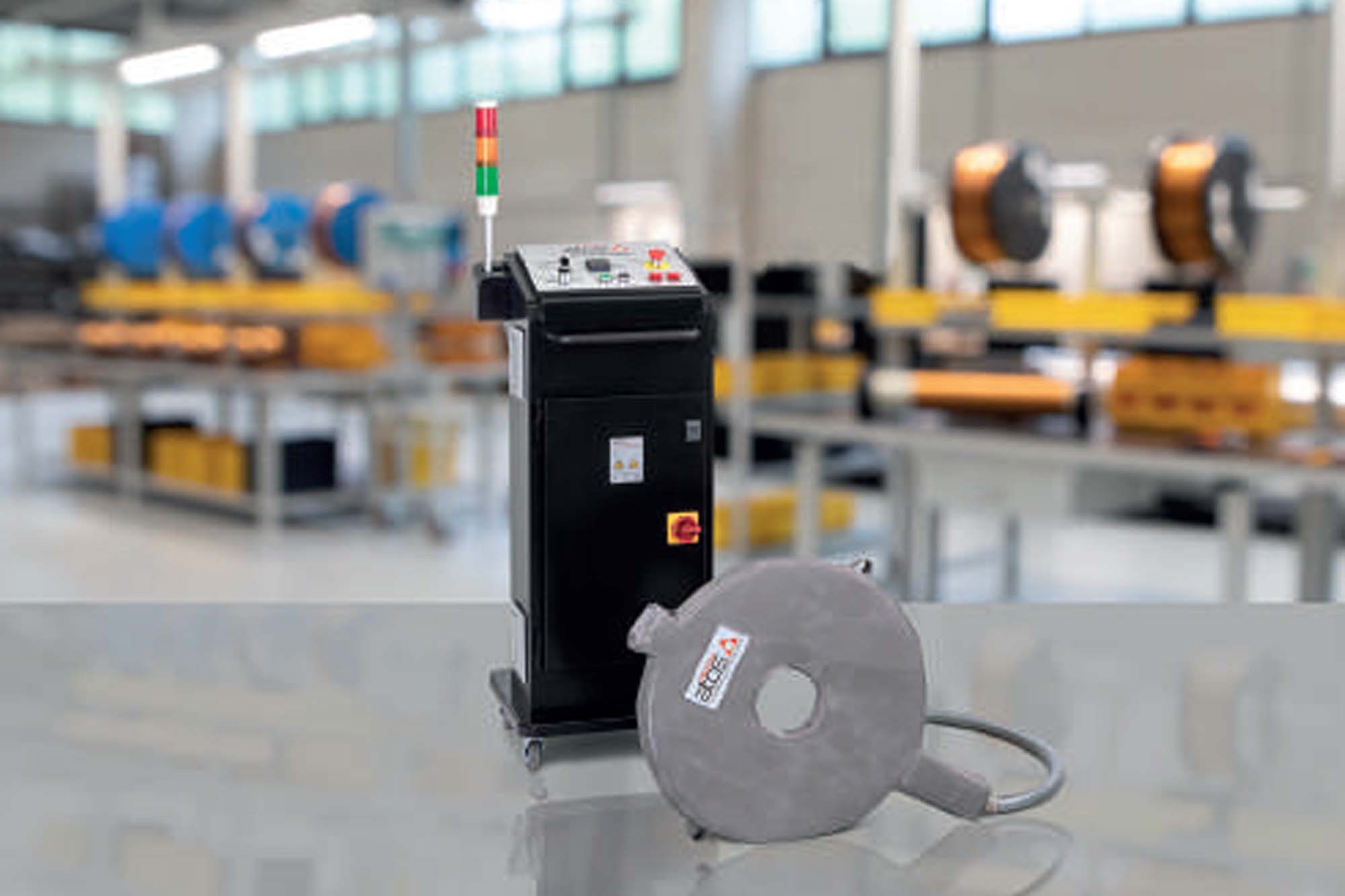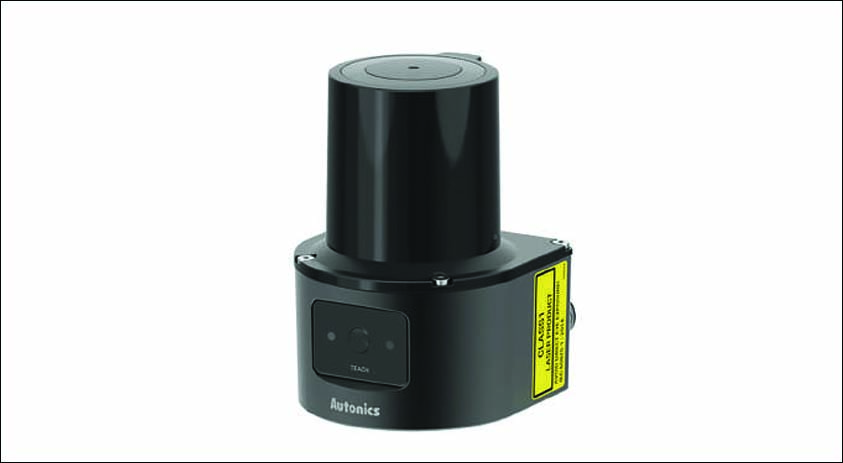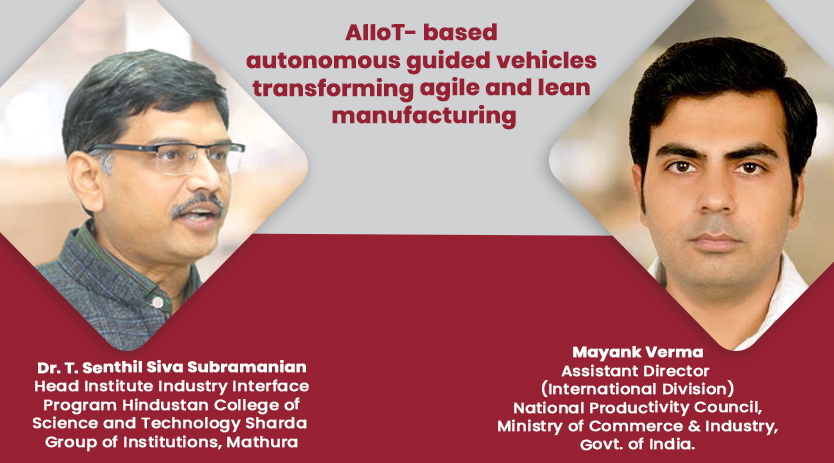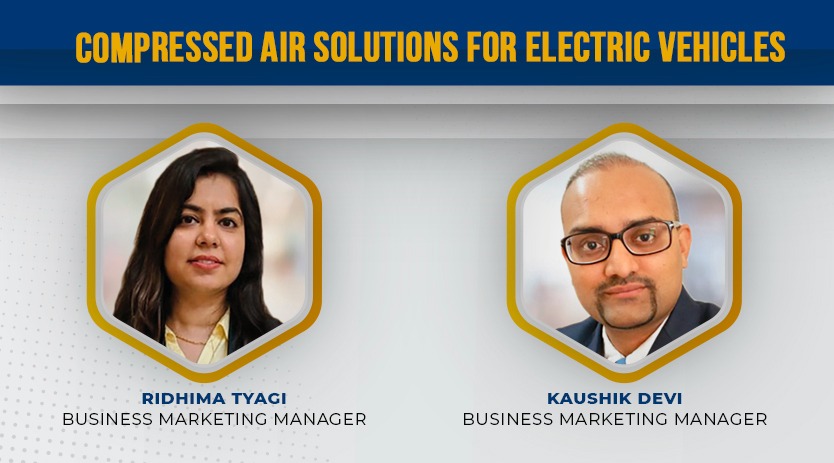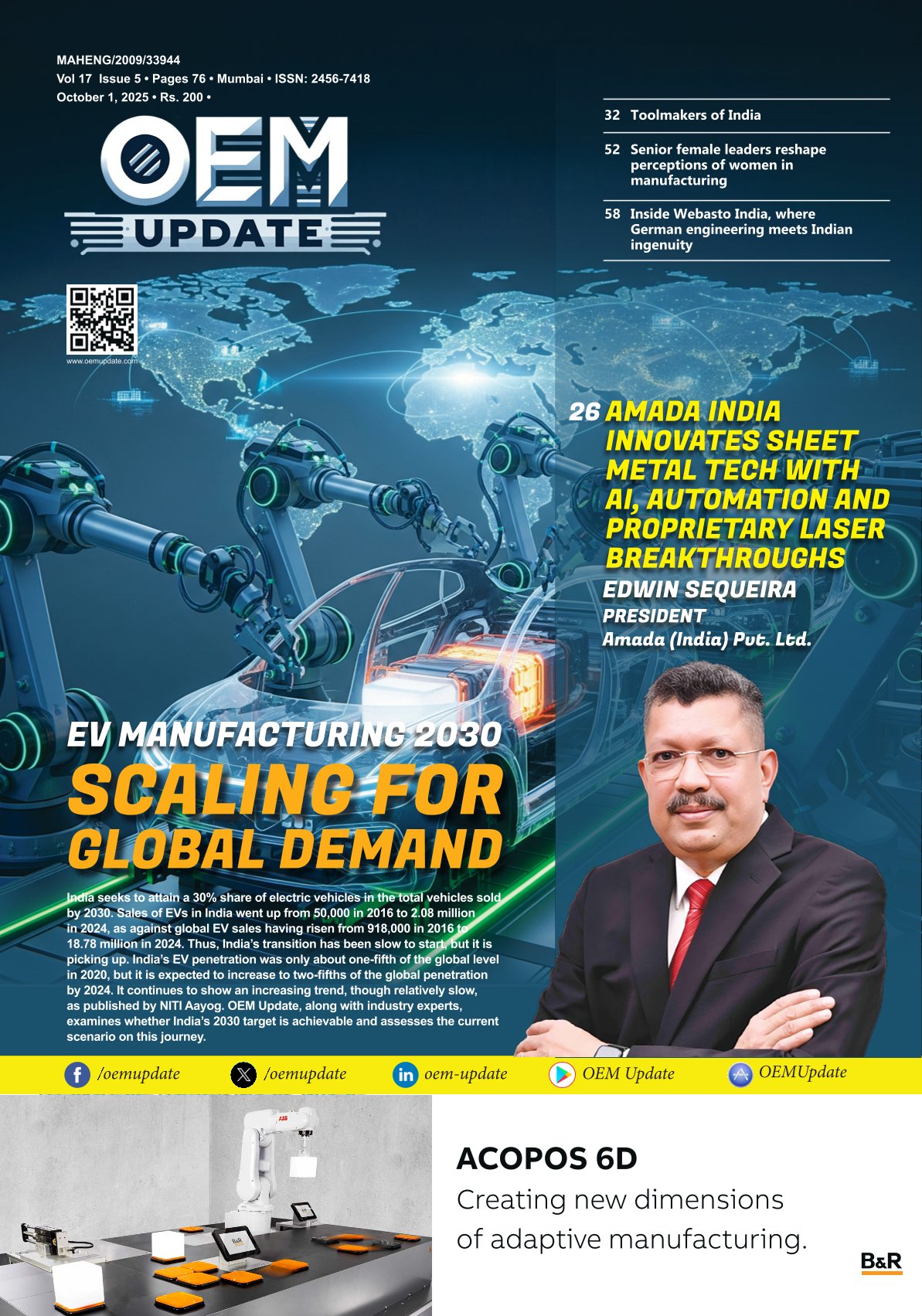H2O from waste
By OEM Update Editorial November 13, 2018 5:34 pm IST
Wastewater recycling is set to become a revolution in terms of conservation of water and many companies admit that government initiatives has also played a major role in spreading awareness. Here’s an exclusive report on the latest developments in the field of wastewater recycling.
Though India is a monsoon dependent country, according to the World Bank, it is also the biggest consumer of freshwater in the world today. Moreover, the Central Pollution Control Board estimates that by 2030, India’s water demand is expected to rise to 1.5 trillion cubic metres. Hence, it is imperative to judiciously use the available resources and recycle wherever possible.
Several companies have come up with modern and efficient water treatment units that claim to extract nearly 96 per cent of fresh water from wastewater, which can then be reutilised.
Recycle wastewater to avoid water crisis
According to Nitin Umbralkar, Vice President – Western Operations, Ion Exchange, only around 20 per cent wastewater is treated in India. He says that companies such as Ion Exchange recycle wastewater with the help of membrane technology and reuse it for other purposes.
Pinaki Bhaduri, Business Head, Wipro Water, says, “Today, technologies to treat wastewater is back into process and now we are able to achieve desired quality of water through recycling, which can then be reused for industrial purposes. Also, one can ensure that not a single drop of wastewater goes out of the premises. Today, wastewater can be recovered to even up to 95-96 per cent. So that would bring down the water requirement immensely.”
Meanwhile, Francesco Silvestri, Regional Sector Manager, Italy-based firm WAMGROUP, says, “In my opinion, there are different technologies and mechanical equipment available today. Mechanical equipments are better than chemical treatments because they don’t pollute the water. So, for sure, there are several equipments available today that can help you to have very clean water, which can be reused for several applications.”
However, Nikhil Joshi, General Manager (Sales and Marketing), Lubi Industries LLP, warns about facing declination of water at some point of time in future. “We must try harvesting water now. Or else it would be difficult to survive in future. We have to harvest rainwater. Along with that, we could also extract freshwater from wastewater by recycling it,” says Joshi.
He adds that industries should start implementing Sewage Treatment Plants (STP) and Effluent Treatment Plants (ETP) in order to reduce dependency on freshwater. “We should understand that this should be done for the sake of ourselves.”
Anchal Khandelwal, Director, PAMM Water Technologies Pvt Ltd, said, “Industries should try to recycle the wastewater and reuse it to avoid water crisis in future. Industries must opt for rainwater harvesting, too. If we can treat and reuse wastewater, we would be able to conserve water to some extent.”
However, Hemant Watve, Managing Director and CEO, WILO Mather and Platt Pumps Pvt Ltd, said, “Industries only need potable water in bottling plants and food processing units. But, in rest of the processes in industries, using recycled water would be the best option and that would minimise the use of fresh water.”
Economies of wastewater recycling
“The economies of wastewater must be seen from different perspective. For example, if you have to harvest rain water, then you have to build dams and reservoirs. That would cost millions or even billions, which would also affect farmers. So that has to be weighed against treatment of water, which can be reused and reutilised,” says Watve.
However, Silvestri has a different opinion on this. He says, “It’s tough to define the economy because in many countries, most of the politicians and the population do not really feel the problem. So we need to explain them that the problems are real and here today.”
Here, Umbralkar explains the benefits of implementing wastewater recycling in terms of cost of water. “In Mumbai, cost of water is approximately between 4 and 10 per thousand litres. For industries, the same water will cost more than 40. When you recycle your industrial effluent, the cost of the treated water will be less than 40. In some parts, water may even cost 80 or 100. So, in that case, the recycled water would be much more affordable for industrial use. The only thing you have to do is the initial investment of the recycling plant. But the payback period is often less than two years.”
Meanwhile, Bhaduri suggests that there should be some sort of cost attached to wastewater. “Today, in India, wastewater is not priced. There’s no cost attached by any regulation. So, whatever investment is made is more from the regulatory point of view to meet the pollution control board norms. So, once the wastewater is priced, then the economies of scale will come up,” he said.
What is membrane technology?
According to Umbralkar, in membrane technology, there are a couple of membranes such as ultra-filtration membrane, which is used in the pre-treatment to remove all the physical impurities in water, and there is another membrane called the reverse osmosis (RO) membrane, which is used downstream of the ultra-filtration membrane for removal of dissolved salts. There may be a second or third stage RO, which could reduce the load on the evaporator, thereby achieving zero-liquid discharge.
Even sewage water is treated using membrane bioreactors and moving bed bioreactors — latest technologies in use today. After a tertiary treatment, this water can be used for low-end purposes such as flushing and gardening purposes, thereby reducing the water footprint. This also helps reduce the use of
freshwater we take from municipal authorities, says Umbralkar.
According to Umbralkar, after effluent treatment, the water is subjected to a physico-chemical process followed by membrane technology. Whatever waste is accumulated on the membrane is sent to an evaporator, where water present in the waste is also extracted, thereby achieving zero liquid discharge. So we are now moving away from normal recycling process and are aiming for zero liquid discharge, where even a single drop of water is not wasted. We have installed over 200 recycling plants and around 25 zero liquid discharge facilities.
Meanwhile, Silvestri says that In Italy, the recycled water is used in cooling towers, parks and other agricultural applications. With a very fine screen membrane you can remove all sorts of bacteria and viruses, so that you can reuse the water.
Impact of government initiatives
Khandelwal says, “The companies which actually understand the value of environment would have definitely gone for wastewater treatments. If the companies and its head have a vision, they would’ve realised the importance of recycled water.”
However, Silvestri said, “It’s not fair to say, but generally industries ask for solution when the government creates a new rule or law. If they don’t care, industries will discharge all water into the river or sea and don’t care about pollution. When there’s a rule, they start to care about that. Without a rule, it’s almost impossible to mobilise it.”
According to Silvestri, government rules must be stricter. “They have to pay more attention to the environment. The most important thing is the lives of the people. But, if you think that maybe if you spend a little bit more today, but you will save a lot of money tomorrow. And sometime the government don’t understand this. They always think about maybe tomorrow we’ll do something. No. We have to do something today in order to save our future,”
he adds.
Meanwhile, Bhaduri said, “Yes! Government has been the main criteria for the growth of wastewater business in India. The whole business is getting driven because of the stringent norms being introduced by the government of India.”
According to him, India has a long way to go because there are several points of discharge into rivers and all are not monitored. By the way, the gutters are mostly of sewage. We are still at 28-29 per cent sewage treatment and the rest 72 per cent is still being dumped directly into the river. So we have a long way to go.
However, Joshi says, “Right now, we have several water resources. So we are not considering the cost of water and we think that installation of STP and ETP would be expensive and not cost effective. But, after some time, we will realise its importance and that would definitely help economic growth.”
‘Today, wastewater can be recovered to even up to 95-96 per cent. So that would bring down the water requirement immensely’
Pinaki Bhaduri, Business Head of Wipro Water
‘We must try harvesting water now. Or else it would be difficult to survive in future… We could also extract freshwater from wastewater by recycling it’
Nikhil Joshi, General Manager (Sales and Marketing), Lubi Industries LLP
‘So we are now moving away from normal recycling process and are aiming for zero liquid discharge, where even a single drop of water is not wasted’
Nitin Umbralkar, Vice President – Western Operations, Ion Exchange
‘It’s not fair to say, but generally industries ask for solution when the government creates a new rule or law’
Francesco Silvestri, Regional Sector Manager, WAMGROUP
Industries should try to recycle the wastewater and reuse it to avoid water crisis in future… If we can treat and reuse wastewater we would be able to conserve water to some extent
Anchal Khandelwal, Director of PAMM Water Technologies Pvt Ltd
Industries only need potable water in bottling plants and food processing units. But, in rest of the processes in industries, using recycled water would be the best option
Hemant Watve, Managing Director and CEO, WILO Mather Platt Pumps Pvt Ltd
Cookie Consent
We use cookies to personalize your experience. By continuing to visit this website you agree to our Terms & Conditions, Privacy Policy and Cookie Policy.




